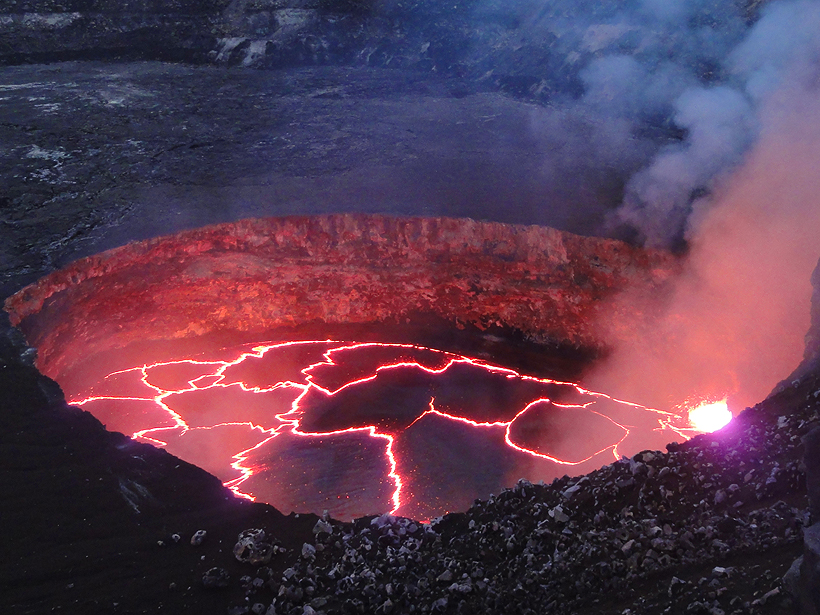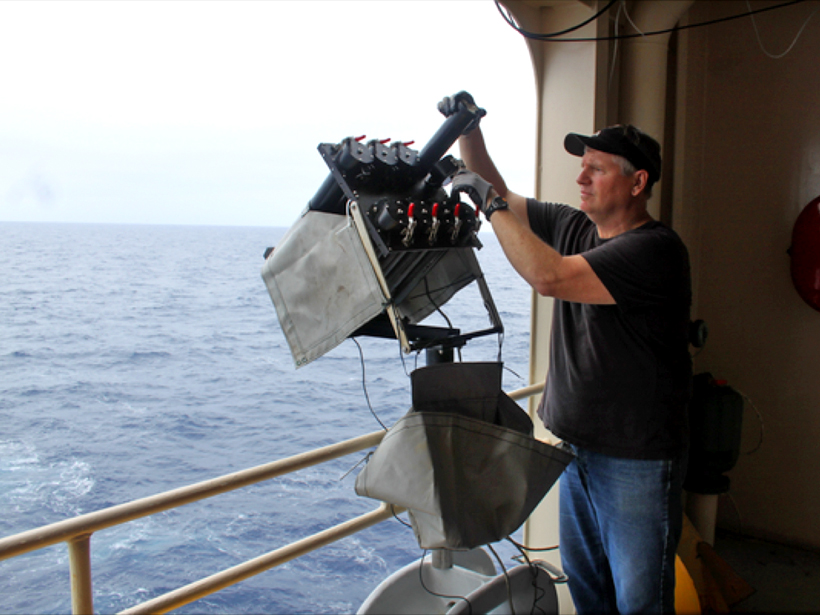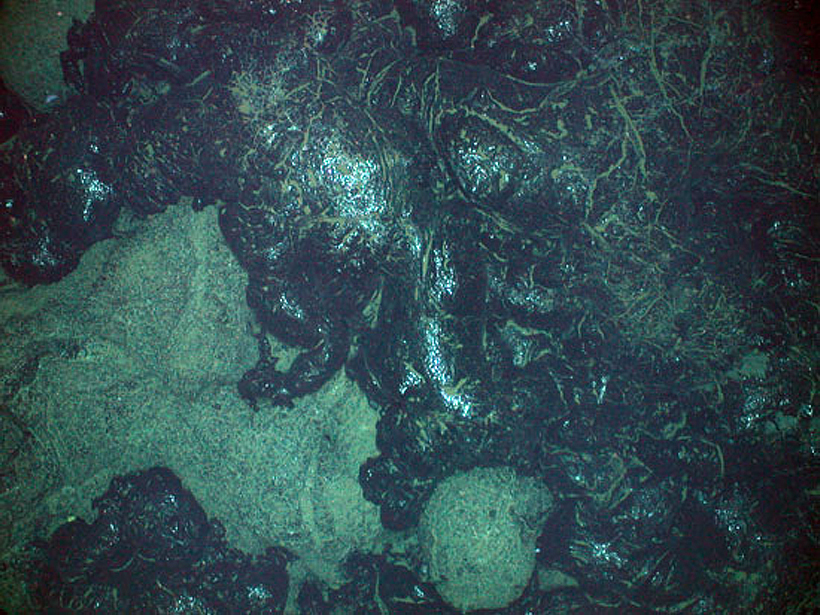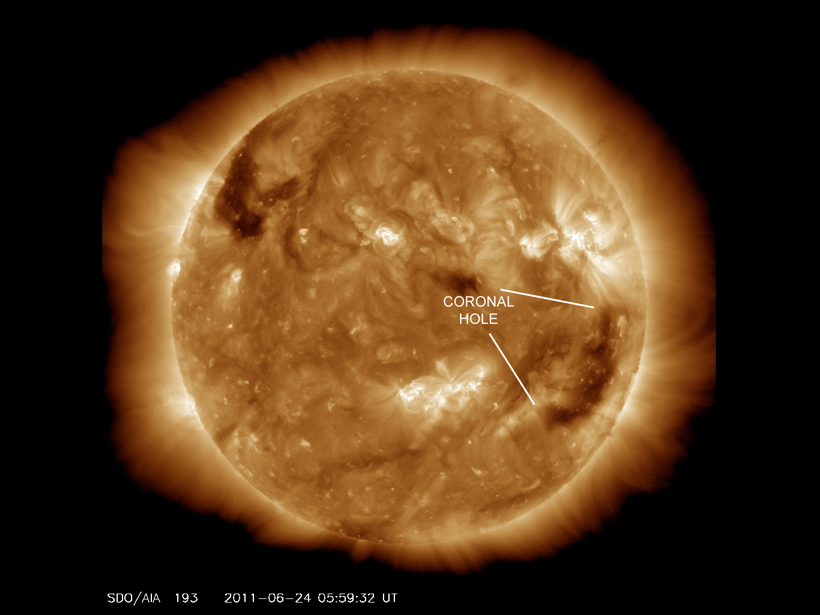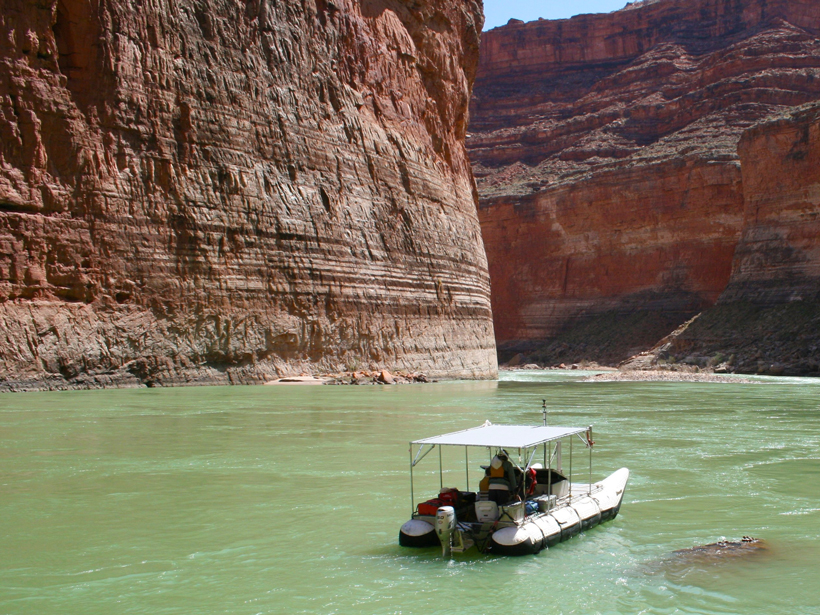Geophysicists used unique seismic signatures to track the cyclic rise and fall of lava inside Hawai'i Volcanoes National Park's Overlook crater.
E. Betz
Data Correction Needed for Long-Term Heat Transport Monitoring
Scientists assess how historical temperature biases could impact the detection of ocean heat transport changes in a key area of the South Atlantic Ocean where data are scarce.
Earth's Climate Cycles Might Have an Eccentric Explanation
Mid-ocean ridge eruptions follow the cycles of tides and Earth's orbital eccentricity, indicating a possible role in long-term climate shifts.
Protecting Communications Satellites from Space Weather
A recent analysis of proprietary telecommunications data identifies a potential source of anomalous satellite component performance, and what can be done to prevent this from happening in the future.
Predicting Space Weather on a Satellite Superhighway
Scientists combined 82 satellite years of data to create a more comprehensive model of how plasma behaves in a region of Earth's magnetosphere with heavy spacecraft traffic.
Refining Solar Wind Models to Better Predict Space Weather
Despite decades of space-based observations of the Sun, scientists still struggle to make precise predictions of the solar wind.
Surface Climate Processes Keep Earth's Energy Balance in Check
Models show that an abrupt increase in carbon dioxide emissions would trigger feedback processes that would change Earth's hydrological cycle.
Using Sound Waves to Study Grand Canyon Sediment
New technology could help scientists understand how experimental floods from Glen Canyon Dam restore sandbars downstream.
Hacking a Climate Satellite to See Beneath the Ocean's Surface
When NASA launched its CALIPSO spacecraft, the space agency did not intend to estimate phytoplankton populations.
Ozone Hole to Remain Large During Cold Years
Despite the Montreal Protocol's success, it will take years of observations to be sure that regulations are allowing the ozone hole to recover.

